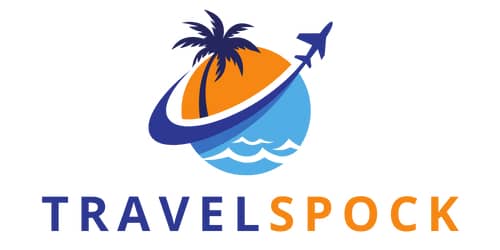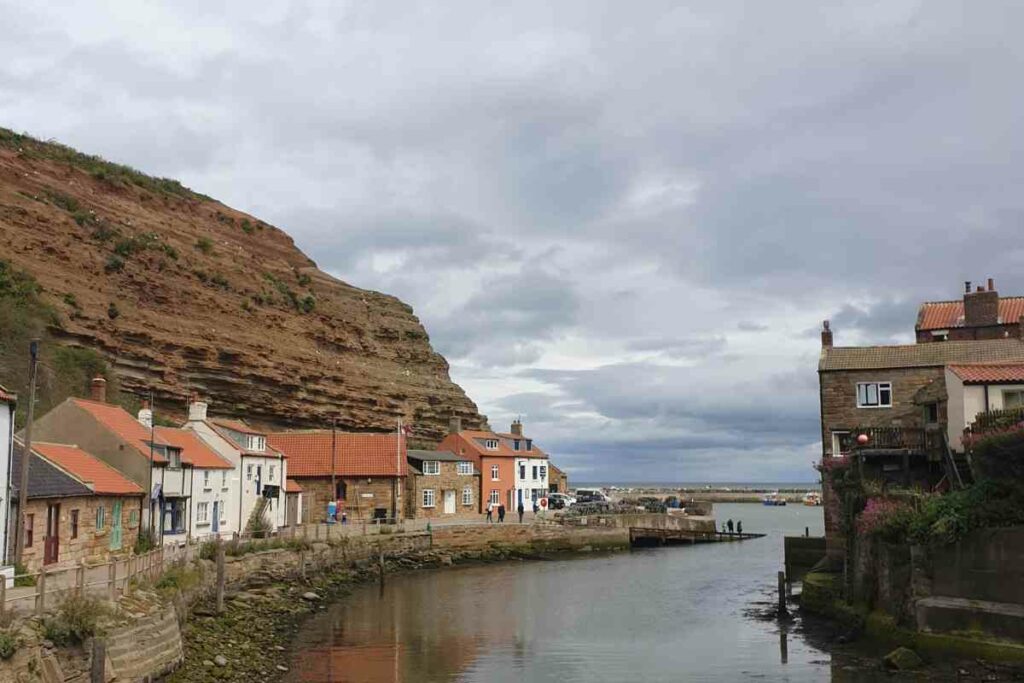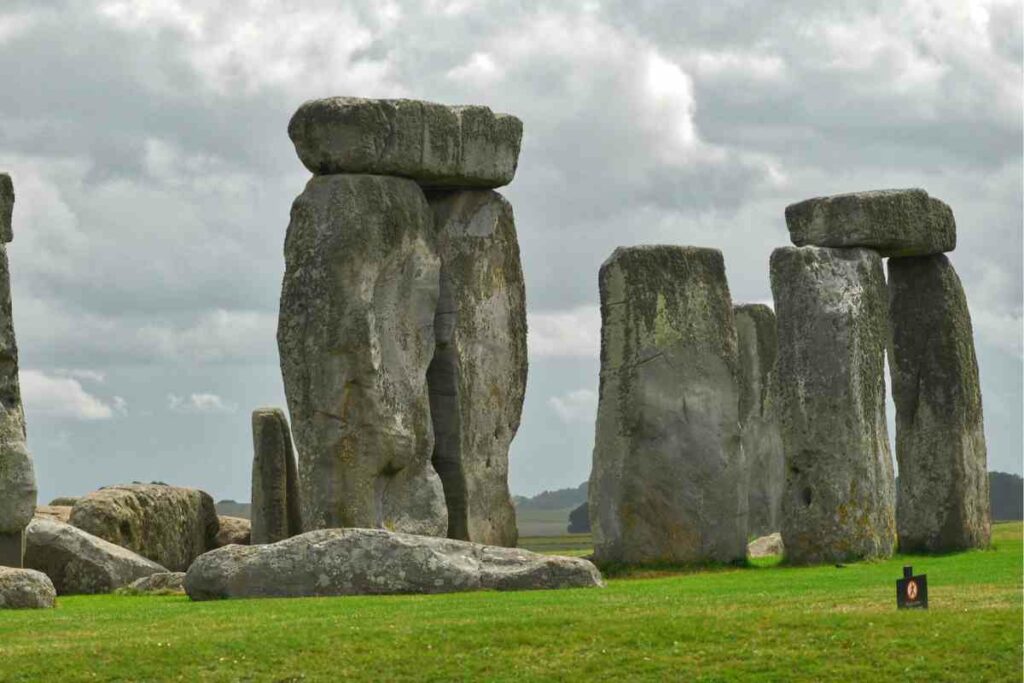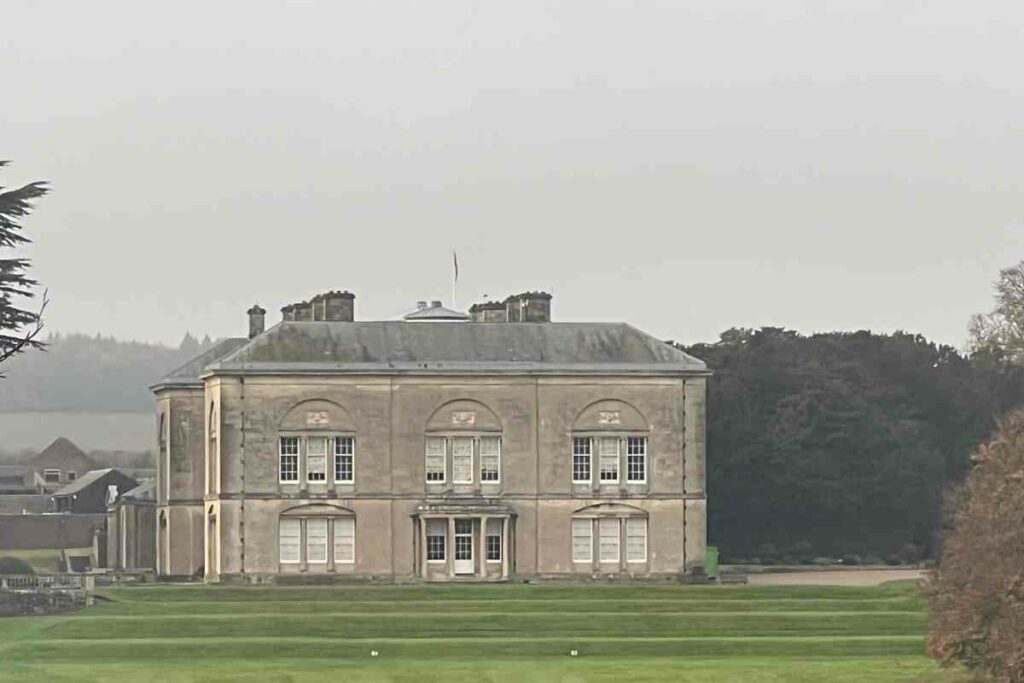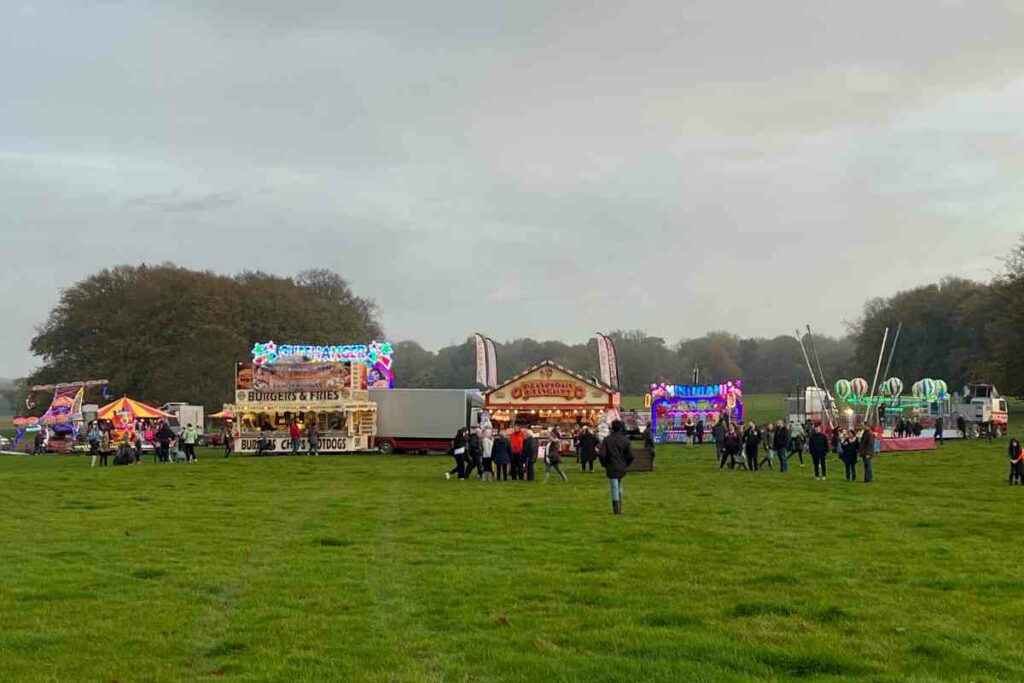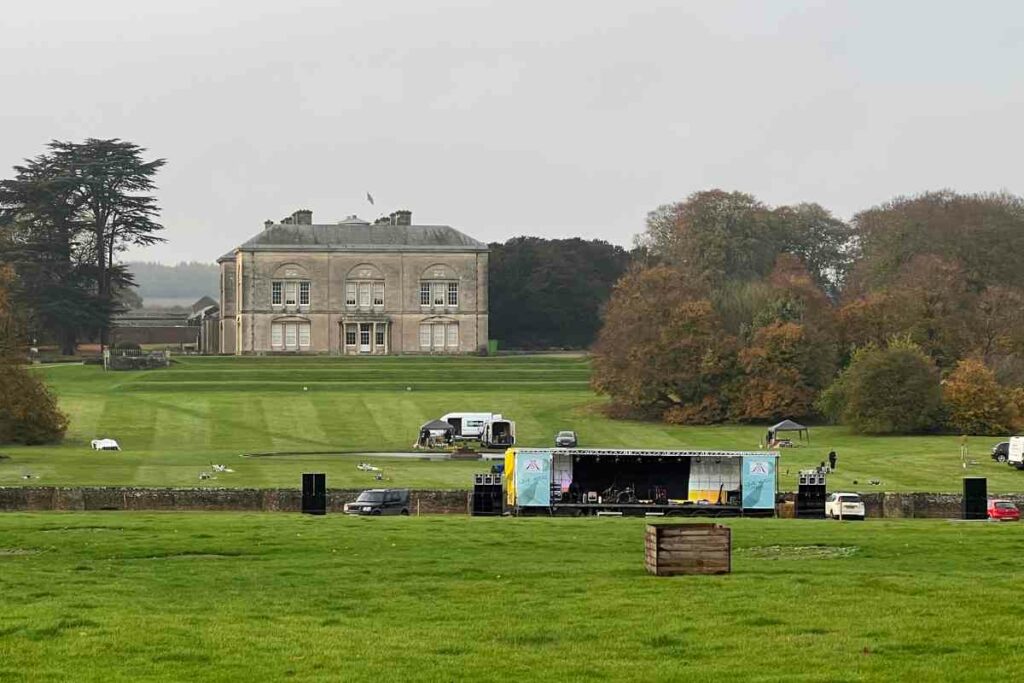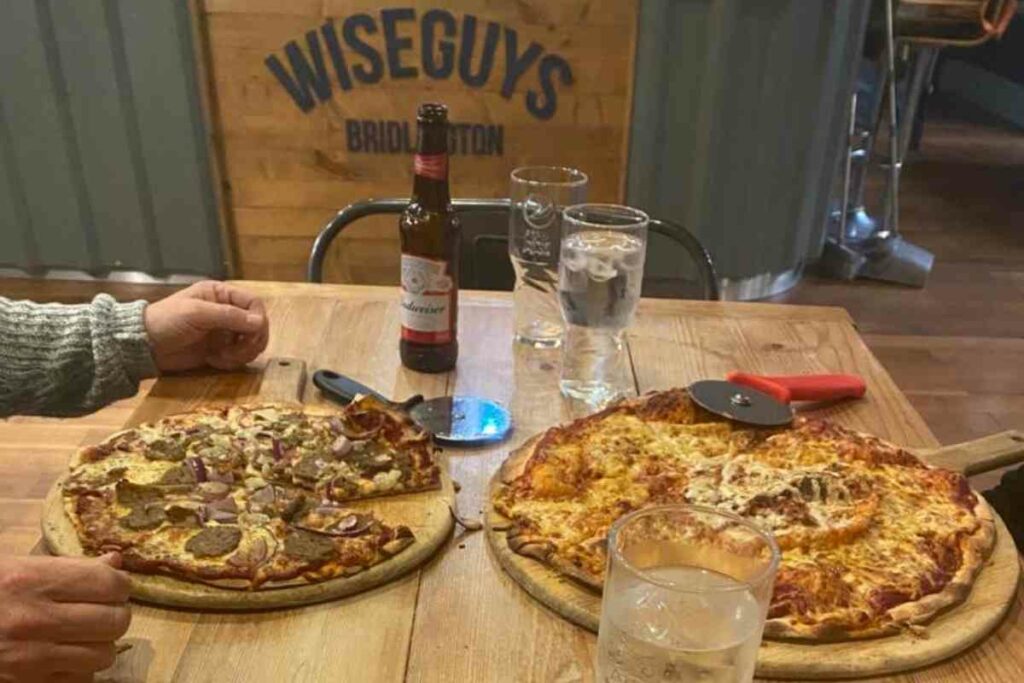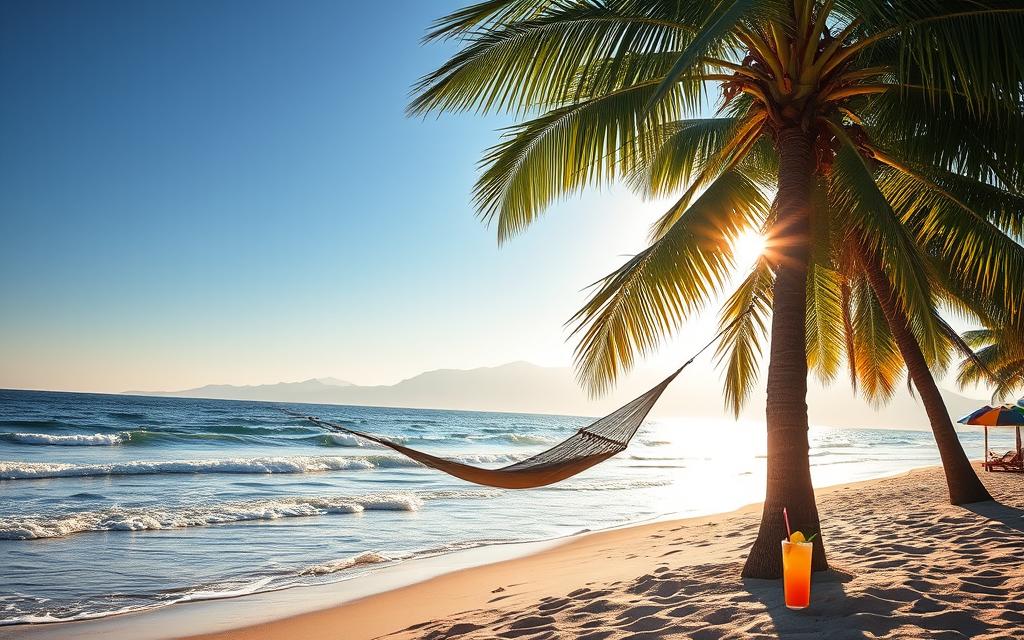Beautiful Kingussie. With its ruined barracks, glens, and mountains, you’d be hard-pressed to find a better place to spend the day in the Scottish Highlands.
It’s no wonder its residents describe it as “the small town with a big heart.”
Let’s see what this little Scottish wonder has in store for visitors.
Location Kingussie
Kingussie is situated right in the heart of the Scottish Highlands within the beautiful Cairngorms National Park.
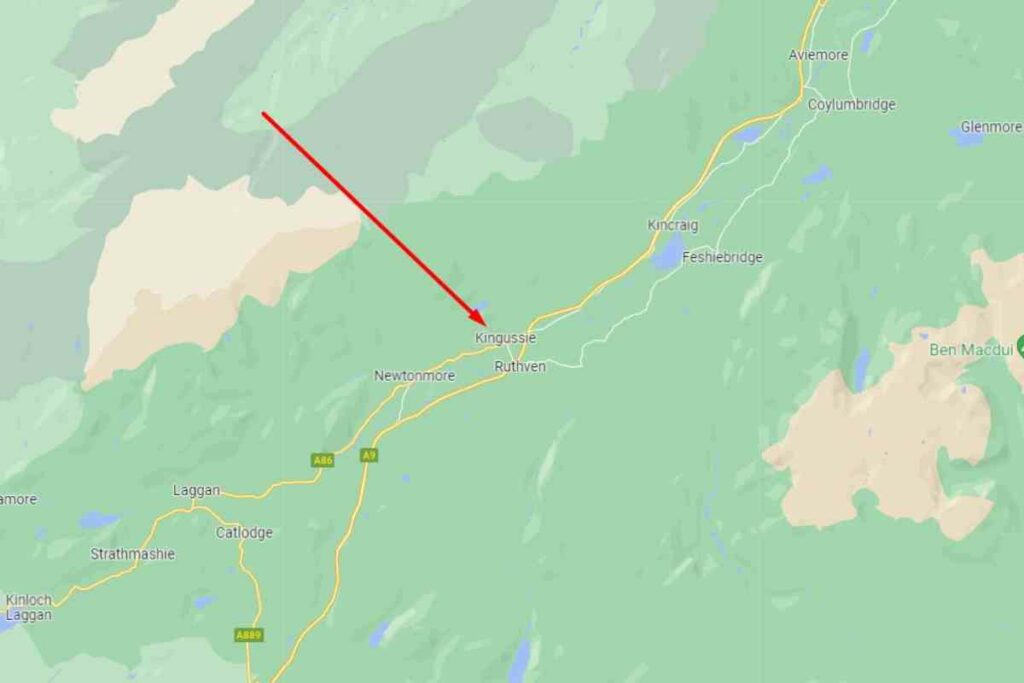
Travelling to Kingussie is easy as its location next to the A9 makes it an ideal stop-off en route to Inverness from England or the Scottish Borders if travelling by car.
Kingussie also has its own railways station with regular national rail services including those down to King’s Cross in London.
There are also many bus services locally and Inverness Airport is a 40-minute drive northwards up the A9.
Places to stay nearby: Check our favorites on Booking.com
It is 42 miles from Inverness, 12 miles south of Aviemore and 3 miles north of the village of Newtonmore.
Geography
Dramatic landscapes encircle Kingussie.
The air is clean and invigorating, taking you back to nature and far from busy suburban life.
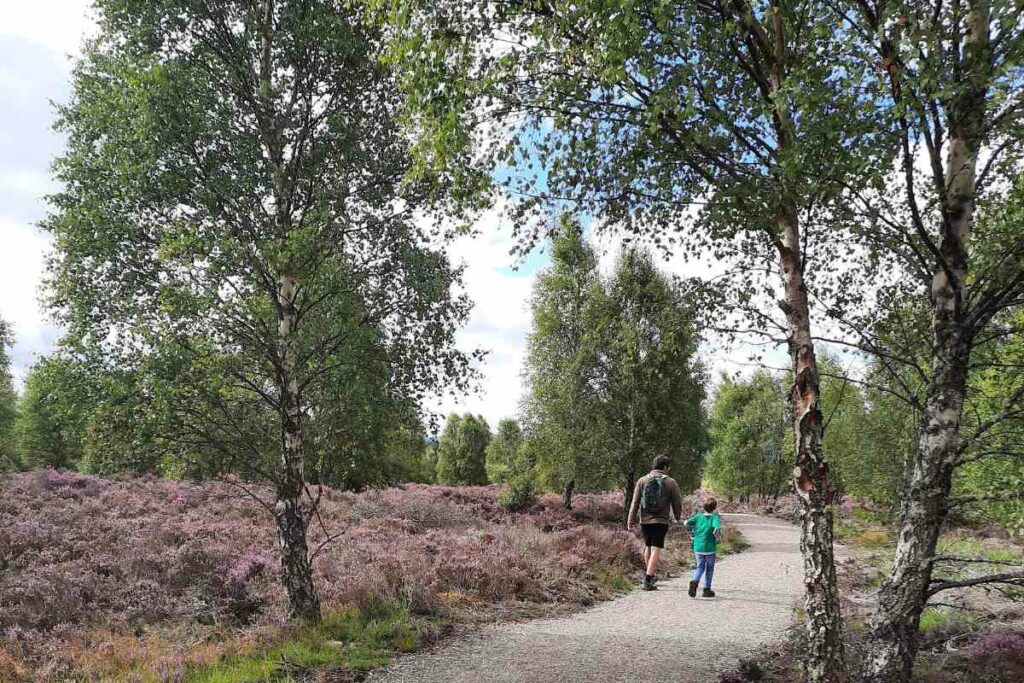
Kingussie is a small town in the Badenoch and Strathspey area of Scotland.
Since 1979, the A9 has bypassed the town, resulting in much less through-traffic.
The History of Kingussie
The name Kingussie is actually pronounced “Kin-yoo-see.”
The name comes from the Scottish Gaelic “Ceann a’ Ghiuthsaich.” This means “Head of the Pine Forest.”
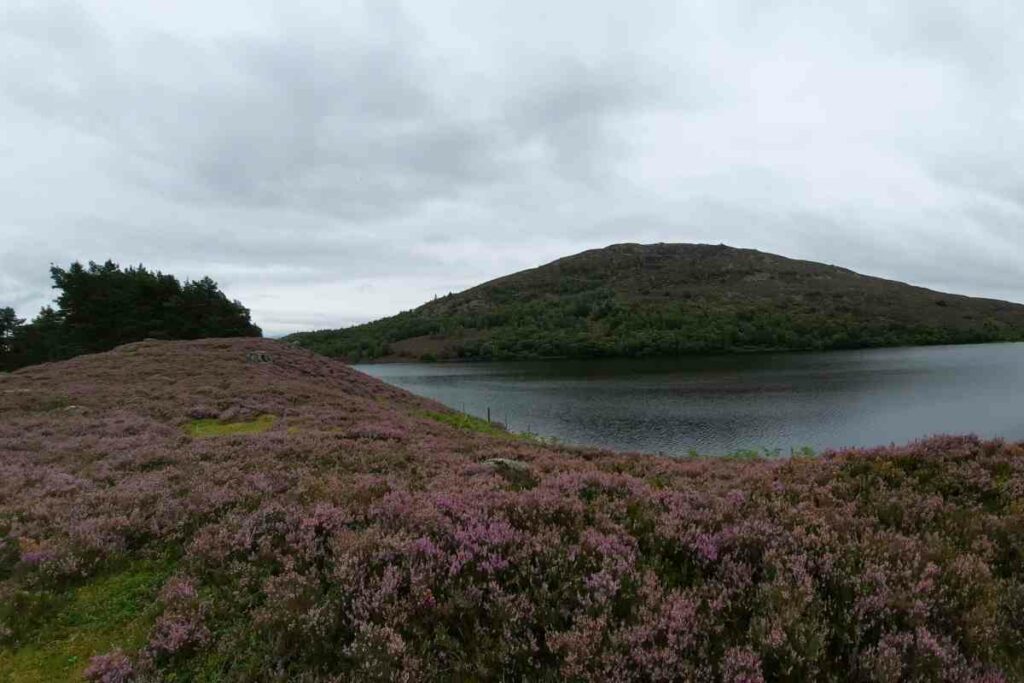
Just outside the town lies the ruins of the early 18th-century barracks. Ruthven Barracks is actually near the original village site.
However, the village was later moved to its current location to avoid the River Spey floodplain.
6 Things to See and Do in Kingussie
If you love the outdoors, Kingussie is the perfect place to be.
With lots of walking and cycling trails, horse-riding, nearby water sports, golf, and mountains close by, you’ll be spoiled for choice for activities.
History buffs will enjoy exploring the barracks too.
1. Ruthven Barracks
The barracks are Hanoverian and were built on the site of Ruthven Castle, which was the seat of the Comyns, Lords of Badenoch in the Middle Ages.
The first castle on the site was built on the hill in 1229, likely by the Comyns.
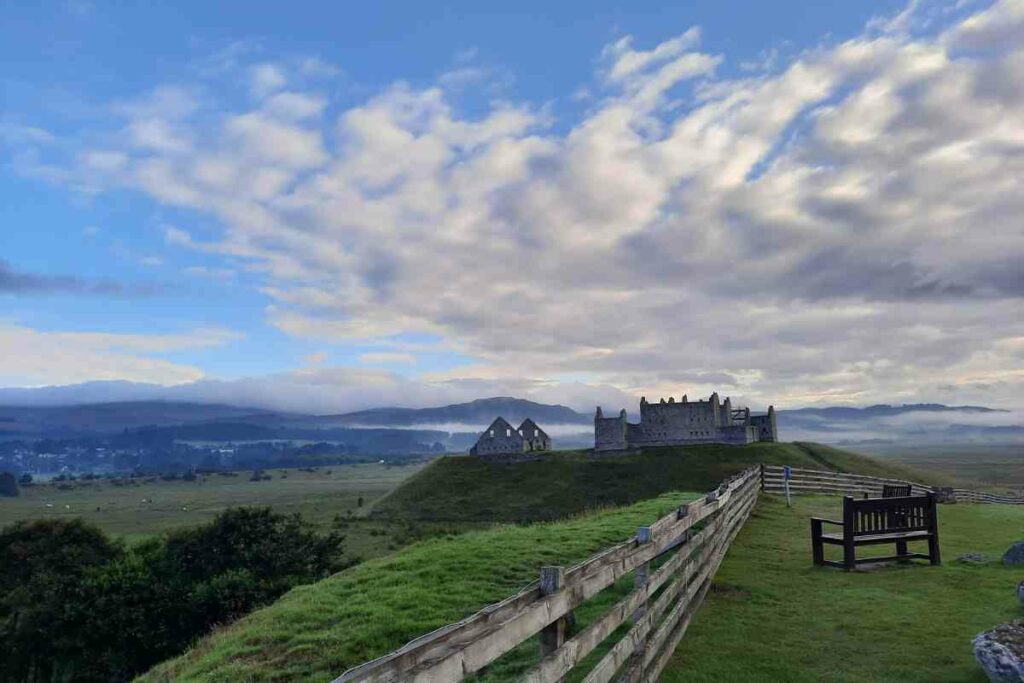
Lord Badenoch held the castle for the next century, and it was used as a base by the “Wolf of Badenoch,” Alexander Steward, Earl of Buchan.
He was King Robert II of Scotland’s younger son.
This castle was later destroyed in 1451 by John of Islay, the Earl of Ross, and it was replaced by a new castle which was completed in 1459.
It became severely damaged during the Jacobite rising of 1689.
Because of the continued unrest, fortified barracks were built in strategic locations by the British government.
In 1721 – Ruthven Barracks were completed on top of the hill. There was space for 120 troops as well as 28 horses for dragoons. There were two sieges on the barracks, in 1745 and 1746.
The day following the Battle of Culloden in 1746 also saw around 3,000 Jacobites retreat to Ruthven.
Prince Charles Edward Stuart sent them home, however, as they were in a hopeless situation.
The leaders and army gathered at Ruthven and waited for word from Prince Charles.
The Jacobites left the barracks in 1746 and this is believed to be the last time they were occupied.
The ruins remain on the site and are open to the public at all times.
Many people visit each year and there have been recent renovation works carried out to protect it. It is maintained by Historic Environment Scotland.
2. RSPB Insh Marshes
The Insh Marshes encompass 10 square kilometers of the River Spey’s flood plain, between Kincraig and Kingussie.
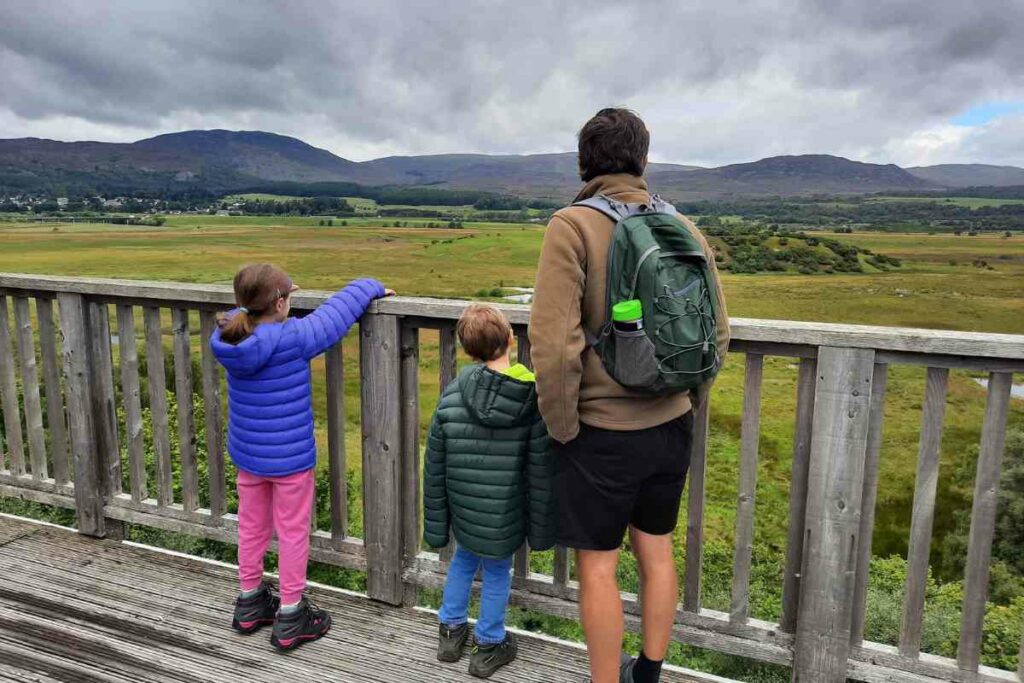
The wetland area is thought to be one of the most important in Europe as it supports rare species including breeding waders such as the:
- curlew
- redshank
- snipe
- lapwing
There are guided walks on well-marked footpaths to follow with viewing points and picnic areas on the way.
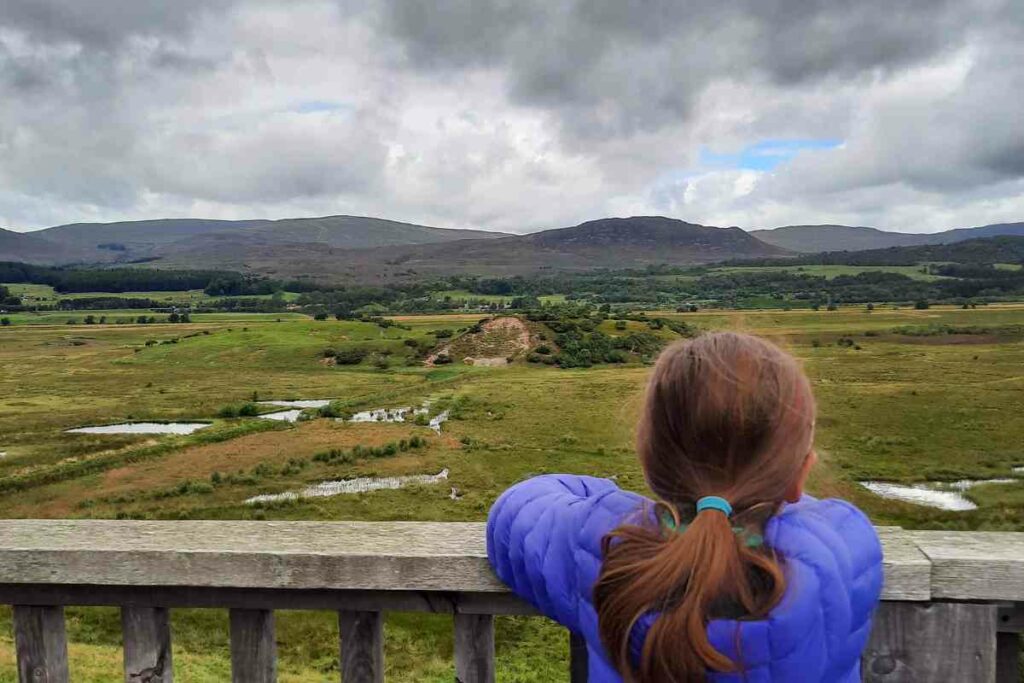
There’s also a free car park and bird hides.
The car park is about a kilometer to the east of Ruthven Barracks along the same road as you head out of Kingussie.
3. Highland Horse Fun
If you’re on the lookout for a different sort of adventure, why not try some ‘horse fun’ whilst in Kingussie!
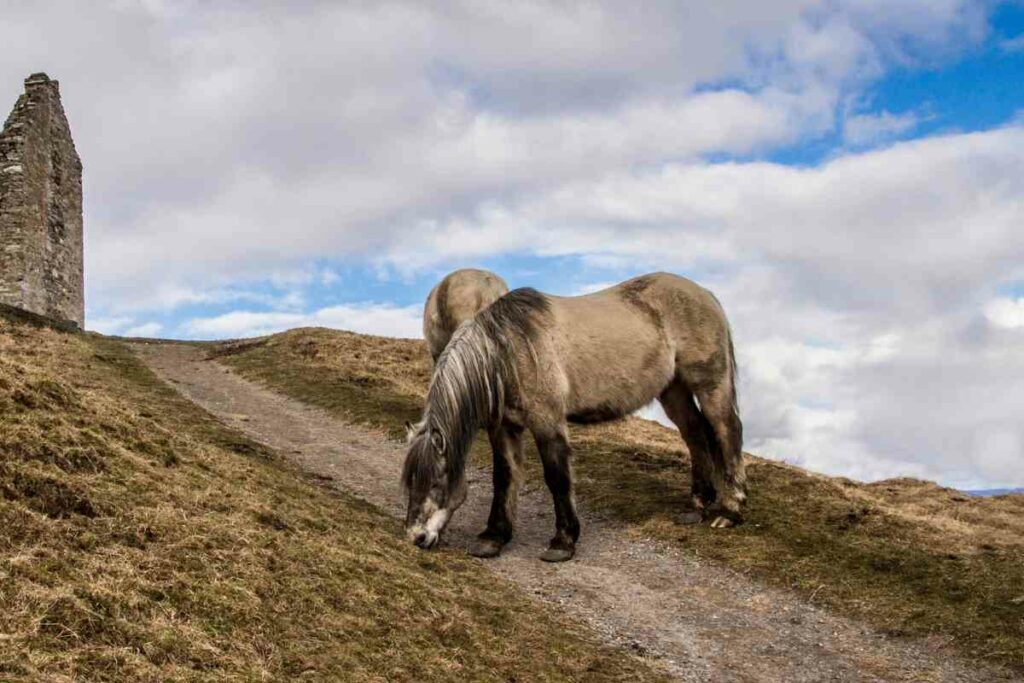
In 1952, the Ormiston Family first started pony trekking.
There are many activities that you can do with the horses including:
- Carriage Driving
- Working and Learning Pony Holidays
- Trekking – ideal for beginners and those who are not confident with riding)
- Hacking – ideal for those who are more advanced riders as the hacks usually include cantering.
- Themed rides such as BBQ rides, Cowboys and Indian themed rides, nature rides, and Santa fun rides. These can be for birthday parties, Stag and Hen parties or team-building activities.
- Kids’ pony activities including the Pony Club.
- Saddle Club – where you learn how to take care of horses and ponies as well as have a chance to ride them.
- School holiday programs.
4. Speyside Distillery
The Speyside Distillery is a small, artisan distillery set in the foothills of the Cairngorms.
The whiskey is distilled by hand using time-honored traditions. The distillery is also widely thought of as the prettiest of all Scottish distilleries.
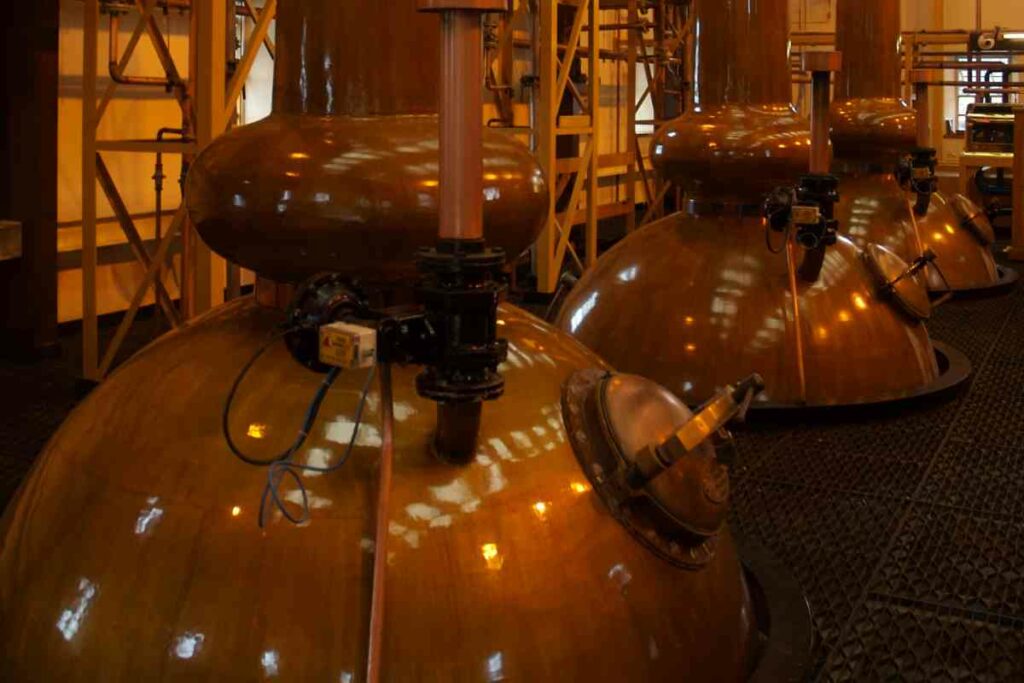
It used to be a barely mill and croft that dated back to the turn of the 18th century.
This closed in 1965 and the next 25 years saw it converted into a beautiful single malt distillery.
It first bottled its spirit in 1990. Its success is thought of being due to the clear water that it draws from the River Tromie, a tributary of the River Spey.
The distillery also features as Lagganmore in the BBC TV program Monarch of the Glen.
We Recommend – Visitors can drop in at The Snug in nearby Aviemore to find out a little more about the distilling process and buy some of the delicious whiskeys.
5. Walk to Loch Gynack
One of the many things that you can do in Kingussie is enjoy countryside walks.
Here, will take you on a walk to Loch Gynack from Kingussie town center.
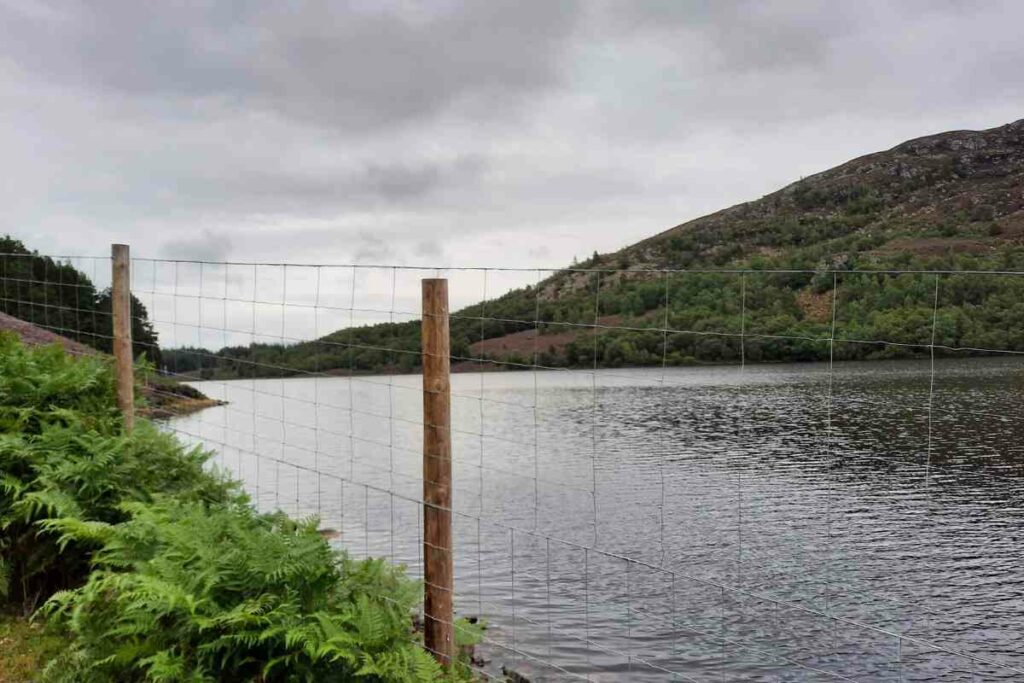
Gynack Road has a decent-sized car park behind the Duke of Gordon Hotel where you can park and/or start your walk:
- This walk takes you up Gynack Road, turning left out of the car park and passing the old hospital building.
- When the road forks, you should take the left branch up amongst the caravans at the caravan park.
- There’s a signpost at the green footbath which points towards Newtonmore as well as the Golf Course circular route and Creag Bheag (a prominent hill overlooking Kingussie).
- Leave the campsite through the gate and swing right into the woodland.
- When there’s a junction, keep left and after a stile at a second junction, keep right. You can follow the Golf Course Circular signs here.
- Next, the path turns a bit muddy and rough underfoot in parts. It winds through woods upwards, giving you a few glimpses of distant views. You’ll soon meet an area with silver birch trees, and you’ll come across the path that comes down from Creag Bheag on the left-hand side. You’ll also get a great view of Loch Gynack from here.
- At the crossroad, go straight on and follow the new path that heads towards the loch and then swing left. You’ll go through the birch woods and come down slightly to meet Loch Gynack on the right.
6. Art Galleries
Kingussie is a great place to visit if you like art.
The Iona Art Gallery prides itself on being the only public art gallery within the Cairngorms National Park.
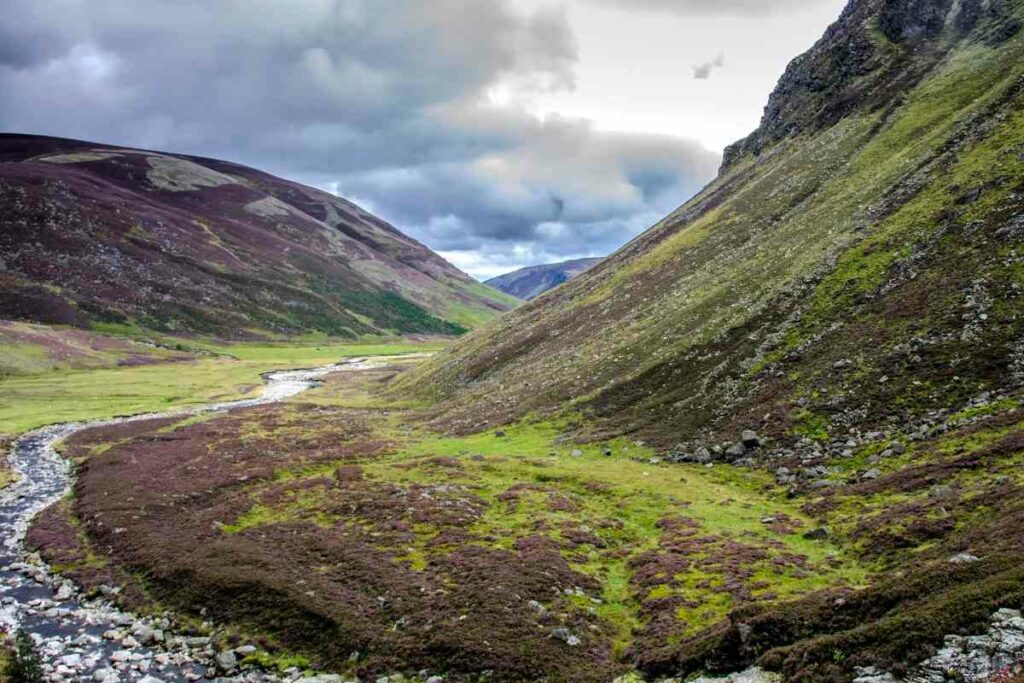
Its aims are in promoting art and access to it for both visitors and local residents.
There are often art workshops taking place too including making lampshades and block printing onto fabric.
Fused and Light is a unique art space that features fused glasswork and paintings by Anne Bridgen.
Whilst a lot of Anne’s work is promoted online, she also runs a gallery at Chapel House Arts on the High Street in Kingussie. Anne often runs courses too.
Shopping and Eating Out
Kingussie is home to some great eateries that cater for all budgets and tastes.
There’s an award-winning cake shop and a four-star restaurant.
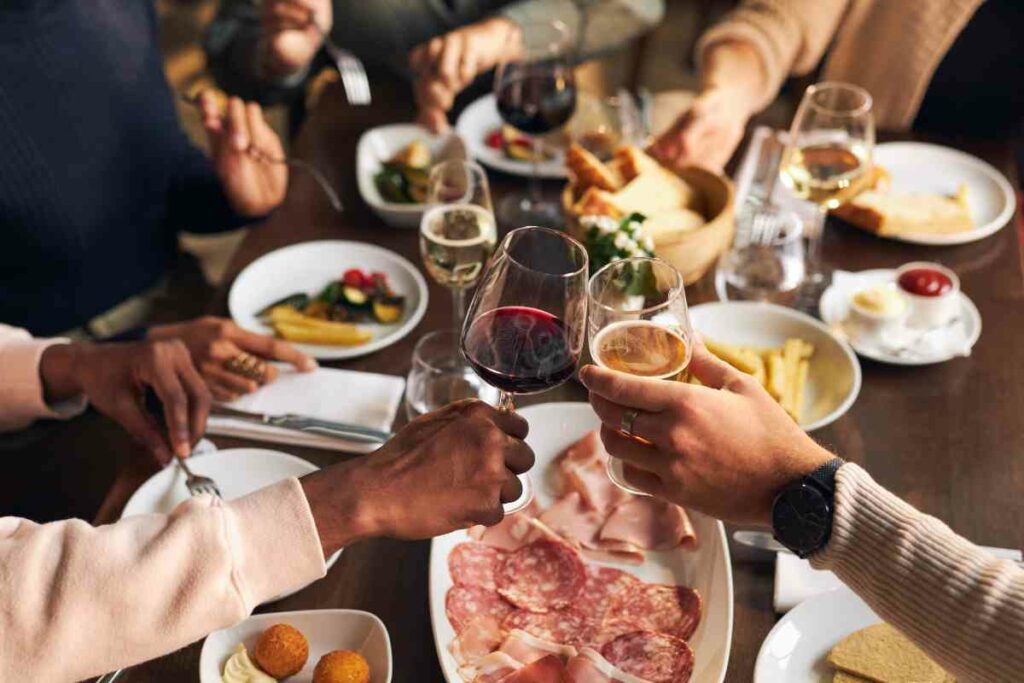
Here are a few of our favorite places to eat, drink, rest and unwind:
- Café Aroma – a huge range of cakes, scones, and hot and cold drinks.
- Café Bistro – a ‘bring your own bottle’ restaurant that serves freshly cooked produce in a relaxing environment.
- Joe’s Chip Shop – traditional fish and chips!
- McInnes House Hotel and Restaurant serving traditional, seasonal fare.
- Silverfjord Hotel – convenient for the railway station and has rooms you can stay in too!
- Sugar Bowl – come here for cakes and hot chocolate. Oh, and some lovely gift options too. There’s also a full Scottish breakfast and a lunch menu too.
- Sutherland’s Guest House – gorgeous dishes using local suppliers.
- The Cross at Kingussie – an award-winning AA Three Red Rosette Restaurant.
Final Thoughts on Kingussie
Visiting Kingussie is a must.
It’s a quiet little place with a whole host of activities that all the family can enjoy – and I’ve not even touched on everything that nearby Newtonmore, Aviemore and the Cairngorms National Park have to offer too!
